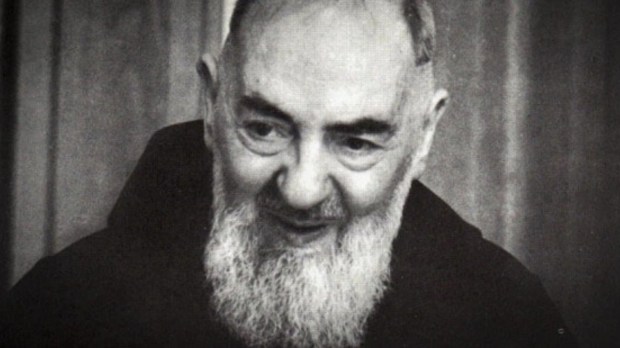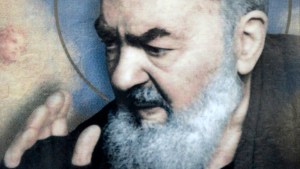As a boy, Padre Pio was familiar with foul language, as many of his friends would swear or curse.
His initial reaction would be to run away.
Author C. Bernard Ruffin relates the following story in his book, Padre Pio: The True Story.
Whenever another boy cursed or swore, Franci would run away. The same Luigi Orlando who described him as “a boy like any other,” recalled that once, when the two were wrestling, Luigi let escape from his lips “a strong expression,” whereupon Franci, who had pinned him to the ground, jumped up, and fled.
Padre Pio’s mother did not want her children to associate with other children who used foul language. Padre Pio interpreted that seriously and would run away from anyone who was swearing or cursing.
At the same time, his mother also taught him to “repair” the damage done.
Beppa forbade her children to associate with others who used vulgar or blasphemous language. In fact, whenever she heard anyone curse, she would “repair” it with the expression, “Blessed be God!” — a practice she tried to instill in all her children.
As he grew older, Padre Pio stopped running away from people who swore, but likely tried to do his best to “repair” the damage of foul langauge.
It’s possible that he would have been tempted to use foul language as well, as many of us are tempted on a daily basis. He was human, just like us.
Whatever may have happened later in his life, Padre Pio’s mother can teach us all a lesson on how to respond positively when confronted with language that offends God.



